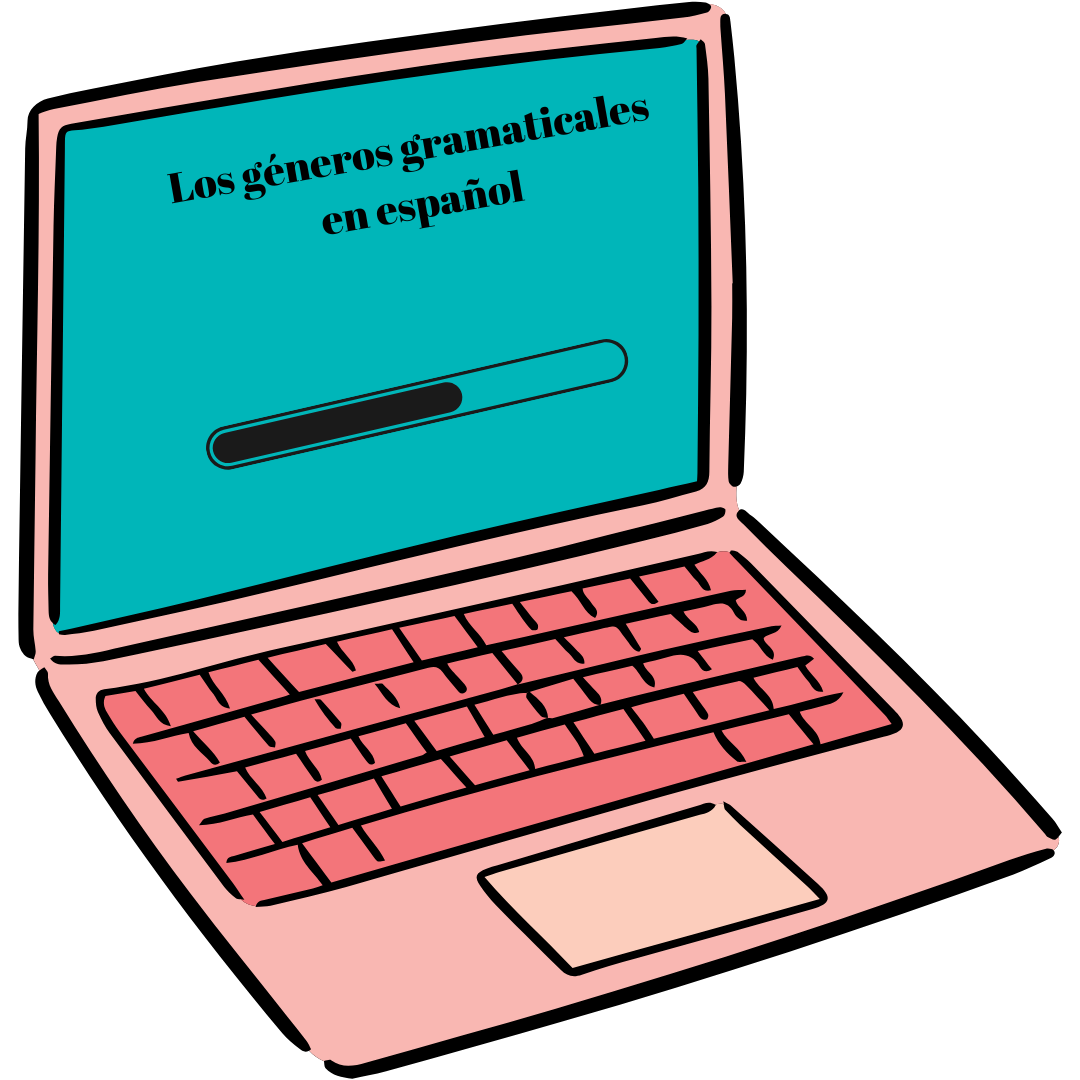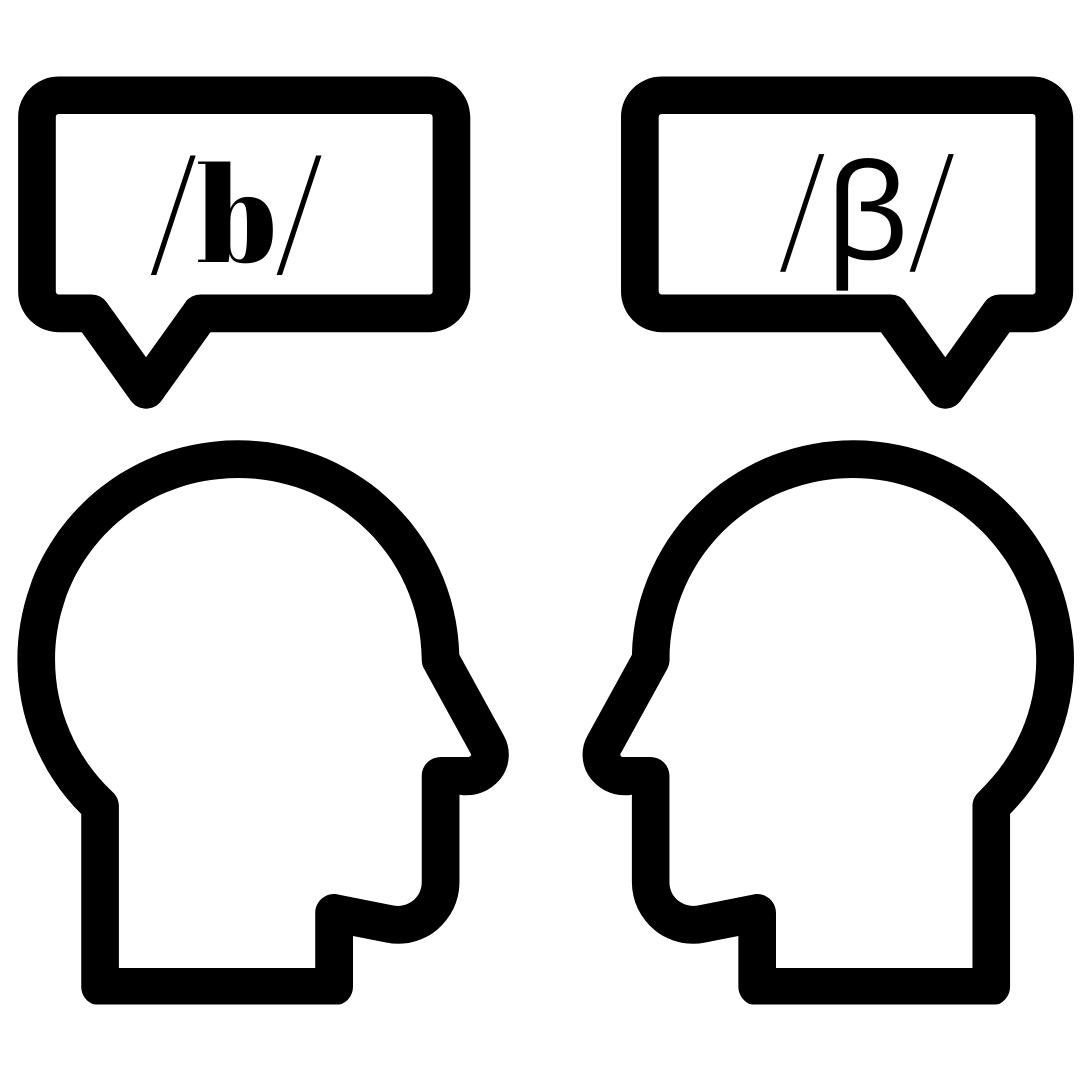Lo hago por y para ti: the prepositions por and para
or and para are two very common prepositions in the Spanish language, and they often cause confusion for learners. In this article, we will explore the main uses of both prepositions, as well as examples of their usage. Let's go!
Uses of the preposition por
The preposition por indicates cause, means, duration, exchange, approximate location or transit, and more. Here are its main uses:
Cause or Reason
It expresses the reason or motive behind an action.
- Ejemplo: Lo hice por ti. I did it because of you.
- Ejemplo: Están preocupados por el clima. Thye’re worried about the climate.
Duration3. in Time
It indicates the length of time an action lasts.
- Ejemplo: Estudié por tres horas. I studied for three hours.
Approximate Location or Transit place
It is used to refer to a place one passes through or that is not exact.
- Ejemplo: Caminamos por el parque. We walked through the park.
- Ejemplo: Vive por aquí. He/she lives aroun here.
Means or Instrument
It indicates the means by which something is done.
- Ejemplo: Te envío el paquete por correo. I will send you the package by mail.
Exchange or Substitution
It expresses the idea of exchange or substitution.
- Ejemplo: Te doy cinco dólares por el libro. I’ll give you five dollars for the book.
- Ejemplo: Trabajé por mi compañero. I worked for my partner.
Passive Voice
In passive constructions, it introduces the agent.
- Ejemplo: El cuadro fue pintado por Diego Rivera. The painting was painted by Diego Rivera.
Uses of the preposition para
The preposition para is related to purpose, recipient, direction, deadline, and more. Here are the most common uses:
Purpose or Goal
It expresses the objective of an action.
- Ejemplo: Estudio español para viajar. I study Spanish to travel.
- Ejemplo: Esta caja es para guardar documentos. This box is for storing documents.
Recipient
It indicates the person or entity receiving something.
- Ejemplo: Este regalo es para ti. This present is for you.
Direction or Destination
It points to where something or someone is going.
- Ejemplo: Salimos para Madrid mañana. We leave for Madrid tomorrow.
Deadline or Time Limit
It expresses a specific moment in the future.
- Ejemplo: El proyecto es para el lunes. The project is for Monday.
Opinion
It conveys someone’s point of view.
- Ejemplo: Para mí, esta es la mejor opción. For me, this is the best option.
Comparative Relation
It indicates a deviation from what is expected.
- Ejemplo: Para ser tan joven, sabe mucho. For being so young, he/she knows a lot.
Tips to remember
- Think of por as something related to the cause, the means, or the process: voy por el camino por un café.
- Think of para as something related to the purpose or the destination.: el regalo es para tí, para festejar tu cumpleaños.
Some Common Expressions with "por" and "para"
With “por”:
- Por favor (Please)
- Por eso (That’s why)
- Por ejemplo (For example)
- Por fin (Finally)
- Por si acaso (Just in case)
- Por lo tanto (Therefore)
With “para”:
- Para siempre (Forever)
- Para qué (What for)
- Para entonces (By then)
- No es para tanto (It’s not that big of a deal)
- Para variar (To change things up)
Verbs Frequently Used with por:
Preguntar por
Se usa para indagar sobre alguien o algo. It is used to inquire about someone or something.
- Ejemplo: María preguntó por ti. María asked about you
Esforzarse por
Indica dedicación o empeño hacia un objetivo. Indicates dedication or effort toward a goal.
- Ejemplo: Se esfuerza mucho por sus hijos. He/She puts a lot of effort for his/her children.
Interesarse por
Expresa curiosidad o preocupación por algo o alguien. Expresses curiosity or concern for something or someone.
- Ejemplo: Me intereso mucho por la literatura clásica. I am very interested in classical literature.
Preocuparse por
Manifiesta inquietud o cuidado por algo. Expresses worry or care for something.
- Ejemplo: Juan siempre se preocupa por su familia. Juan always worries about his family.
Optar por
Significa elegir algo entre varias opciones. Means to choose something among several options
- Ejemplo: Optaron por una solución más económica. They opted for a more economical solution.
Brindar por
Se utiliza en contextos de celebraciones o brindis. It is used in contexts of celebrations or toasts
- Ejemplo: Brindemos por el éxito de este proyecto. Let’s toast to the success of this project.
Luchar por
Denota esfuerzo o pelea para conseguir algo. Denotes effort or struggle to achieve something.
- Ejemplo: Estamos luchando por nuestros derechos. We’re struggling for our rights.
Pagar por
Indica intercambio económico o compensación. Indicates economic exchange or compensation
- Ejemplo: ¿Cuánto pagaste por el coche? How much did you pay for the car?
Verbs frequently used with para:
Trabajar para
Señala el empleador o beneficiario del trabajo. Indicates the employer or beneficiary of the work
- Ejemplo: Trabajo para una empresa internacional. I work for an international company.
Escribir para
Indica el destinatario o el público de un escrito. Indicates the recipient or audience of a written work
- Ejemplo: Escribe artículos para una revista científica. He/She writes articles for a scientific magazine.
Servir para
Expresa utilidad o propósito. Expresses usefulness or purpose
- Ejemplo: Esta herramienta sirve para cortar madera. This tool is used to cut wood.
Valer para
Indica aptitud o utilidad. Indicates suitability or usefulness
- Ejemplo: Este método no vale para resolver el problema. This method is not suitable for solving the problem.
Prepararse para
Señala el propósito de un esfuerzo o una preparación. Indicates the purpose of an effort or preparation.
- Ejemplo: Me estoy preparando para el examen final. Me estoy preparando para el examen final.
Ir para
Indica un destino o una intención. Indicates a destination or intention
- Ejemplo: Vamos para casa después de la fiesta. We are going home after the party.
Estudiar para
Refleja la meta de los estudios. Reflects the goal of studies.
- Ejemplo: Estudia para ser médico. He studies to become a physician.
In many cases, both prepositions can be used with the same verbs, but the meaning changes.
Luchar por / Luchar para
- Por: Indicates the cause or reason for the struggle.
- Ejemplo: Luchan por la libertad de su país. They fight for the freedom of their country.
- Para: Enfatiza el propósito o el objetivo final. Emphasizes the purpose or final objective.
- Ejemplo: Lucho para ganar esta competición. I fight to win this competition.
Trabajar por / Trabajar para
- Por: Refers to working in place of someone or for a cause.
- Ejemplo: Hoy trabajo por mi compañero porque está enfermo. Today I work for my colleague because he is sick.
- Para:
Indicates the employer or recipient of the work- Ejemplo: Trabajo para una empresa tecnológica. I work for a tech company.
Esforzarse por / Esforzarse para
- Por: Emphasizes the reason or motive behind the effort.
- Ejemplo: Se esfuerza por el bienestar de su familia. He/She strives for the well-being of his/her family.
- Para: Highlights the goal or purpose of the effort
- Ejemplo: Me esfuerzo mucho para aprobar el examen. I put a lot of effort to pass the exam.
Hacer algo por / Hacer algo para
- Por:Indicates cause or benefit toward another person
- Ejemplo: Hago esto por ti. I do this because of you.
- Para: Emphasizes the recipient or the final purpose of the action.
- Ejemplo: Hago esto para ayudar a los demás. I do this to help others.
Although these prepositions often cause confusion, especially at the beginning of learning, they are very commonly used in language, so it is important to master their usage.






Leave a Reply